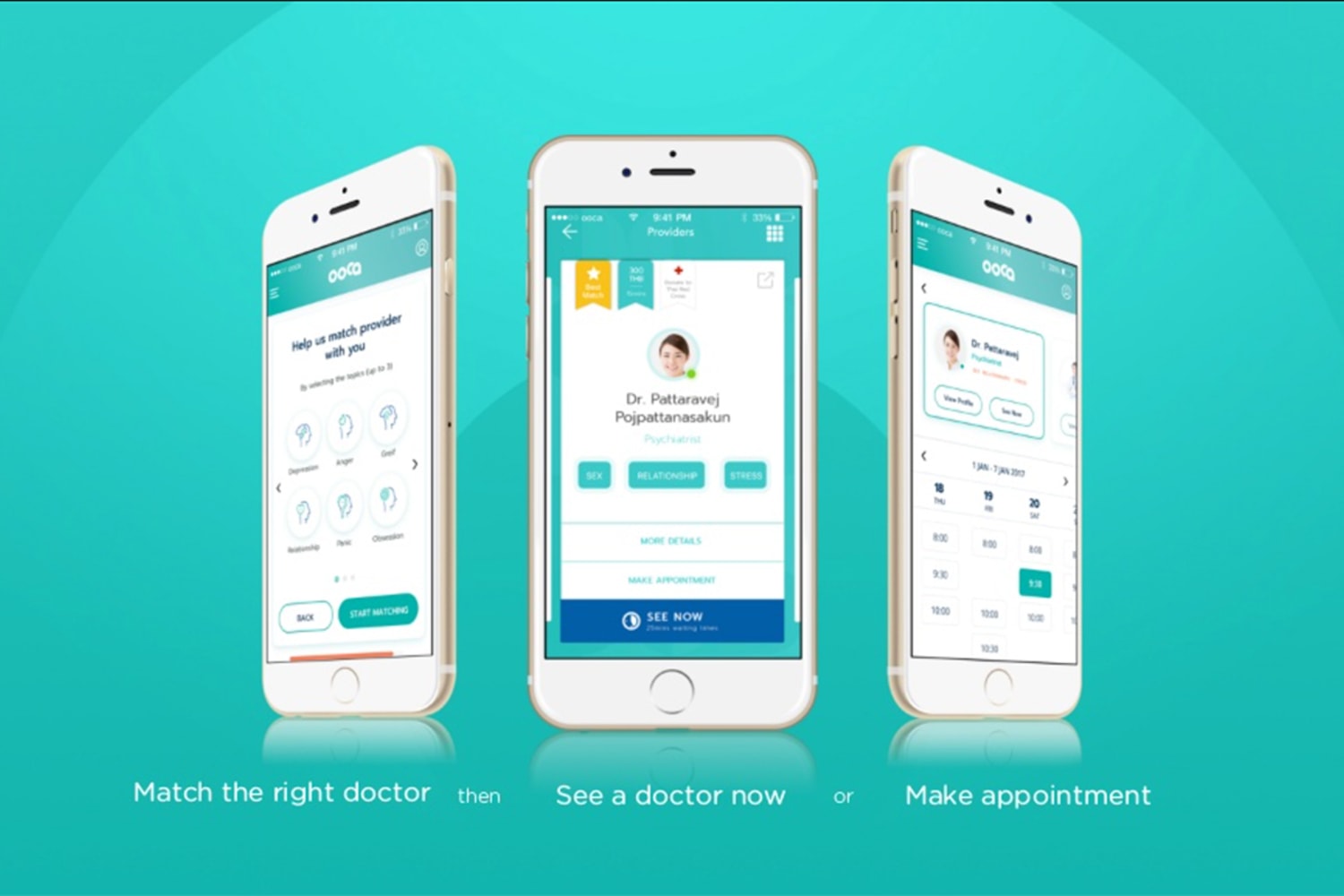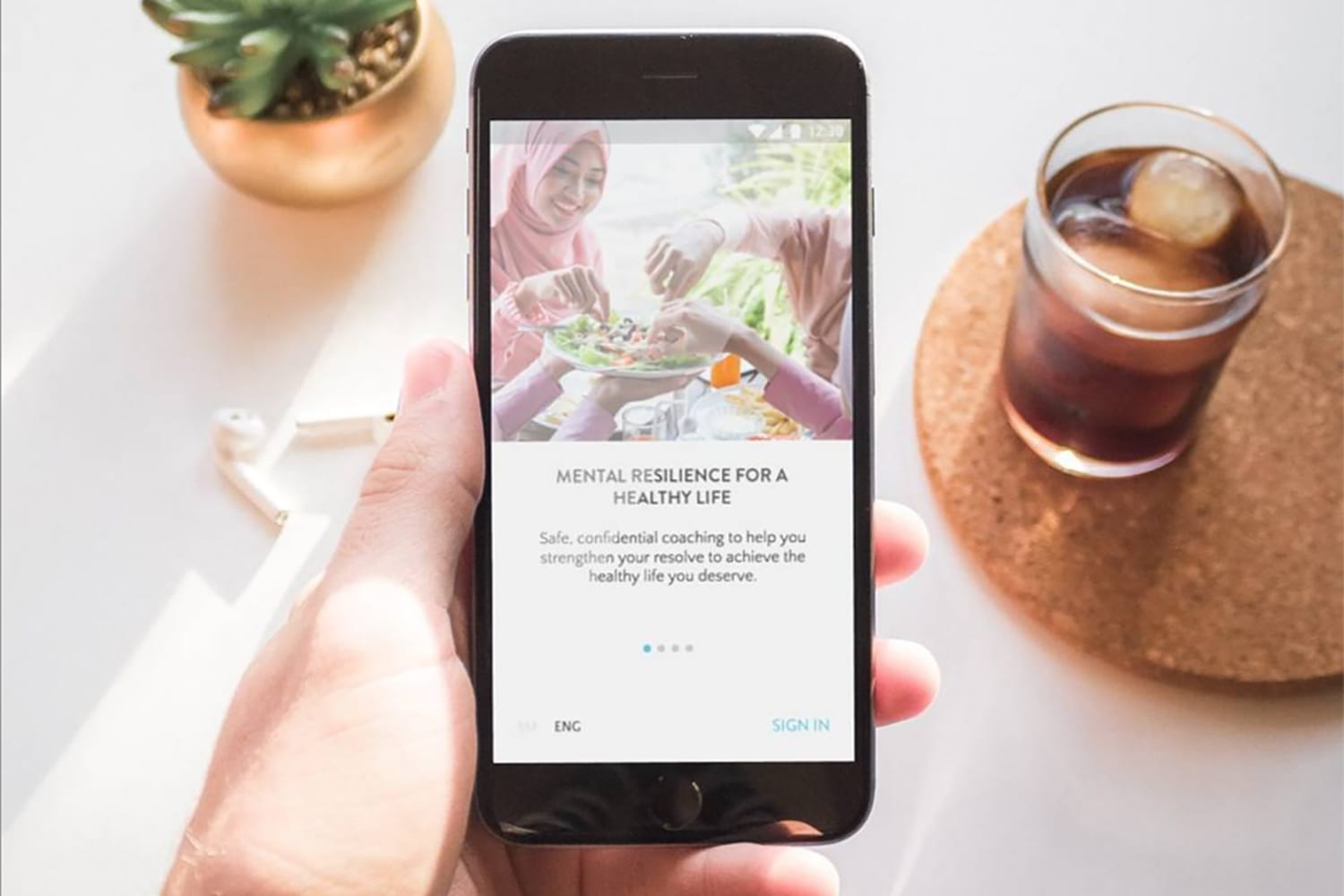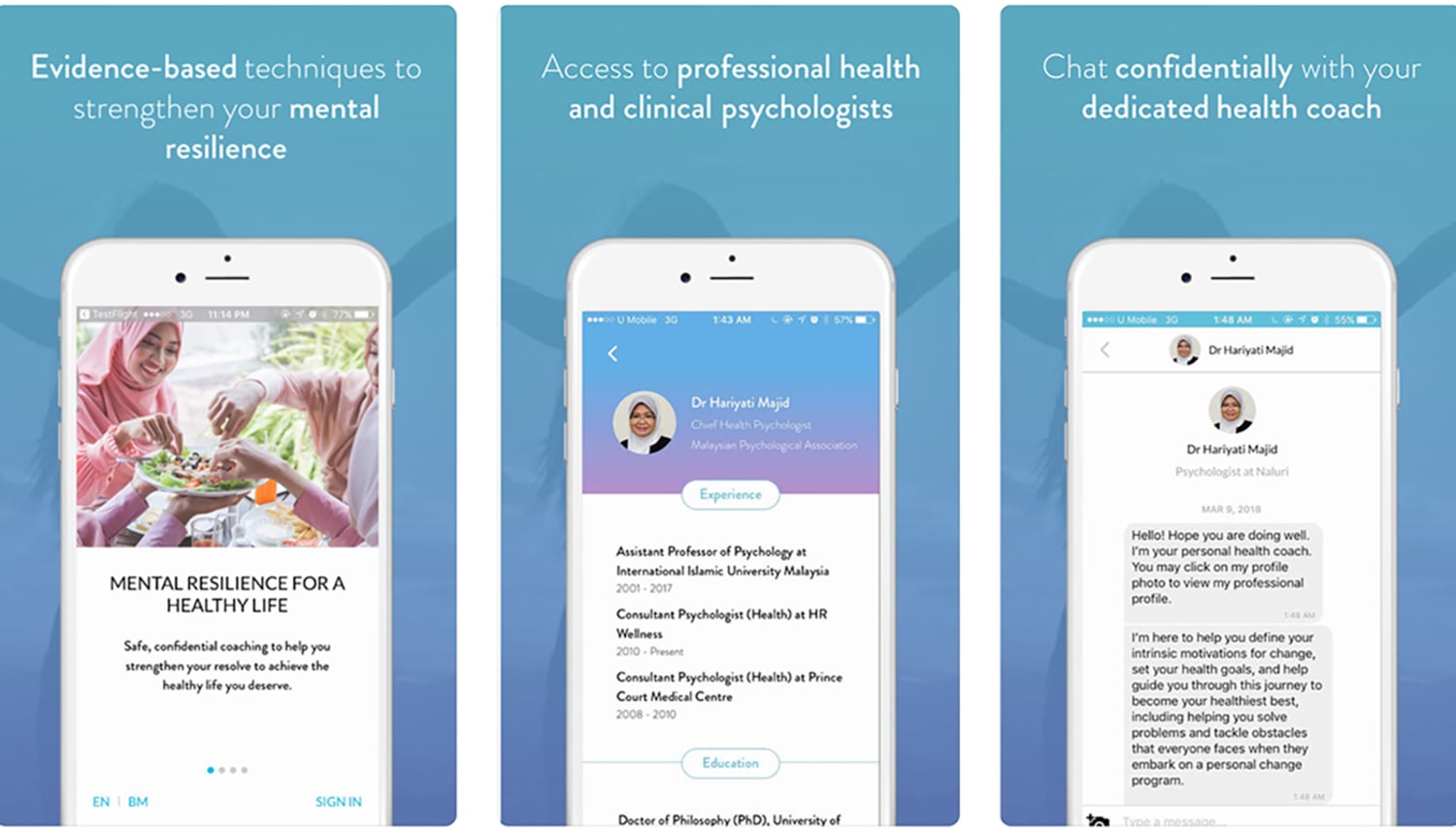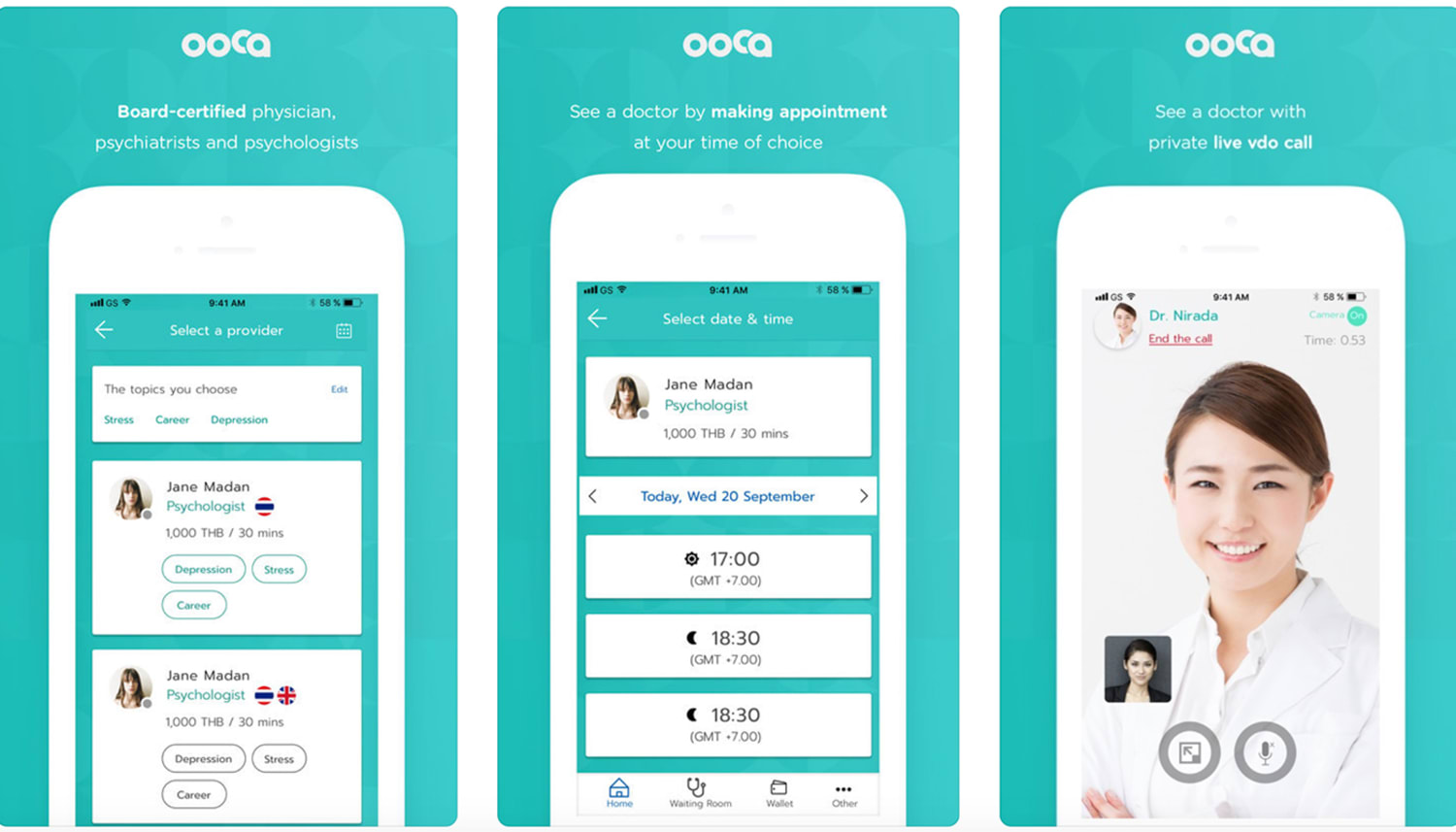Founded two years ago by a young Thai ex-military dentist who herself suffered from depression, Ooca has since raised $320,000 in funding from Singapore-based Expara. Recently, it signed on 11 companies with a total of 35,000 employees as clients, including some of Thailand’s biggest corporations, adding to Ooca’s existing 42,000 individual registered users.
The fact that Ooca is being embraced in the workplace is the latest sign that taboos around mental health—which range from personal failings to the work of spirits—are falling away. For employers, the pay-off is happier workers, better productivity and a wealth of (anonymized) data that can help identify budding problems in the workplace, whether it’s workload levels or work environment. “It’s like a silent heat map detector within the company,” Ooca founder Kanpassorn “Eix” Suriyasangpetch tells JWT Intelligence.
Rising awareness across Asia
In “The Well Economy: APAC Edition,” a recent report by JWT Intelligence exploring changing attitudes to health and wellness around Asia Pacific, a survey of 2,500 consumers in five countries (China, Japan, Indonesia, Thailand and Australia) found that mental health is top of mind across all generations. 71 percent of those surveyed associate health with mental health, which was more than the 68 percent who associate health with overall physical condition.
73 percent said they felt stress and anxiety to be among the biggest risk factors to becoming unwell, according to the report released late last year. Personal finances and work were the top sources of stress.







